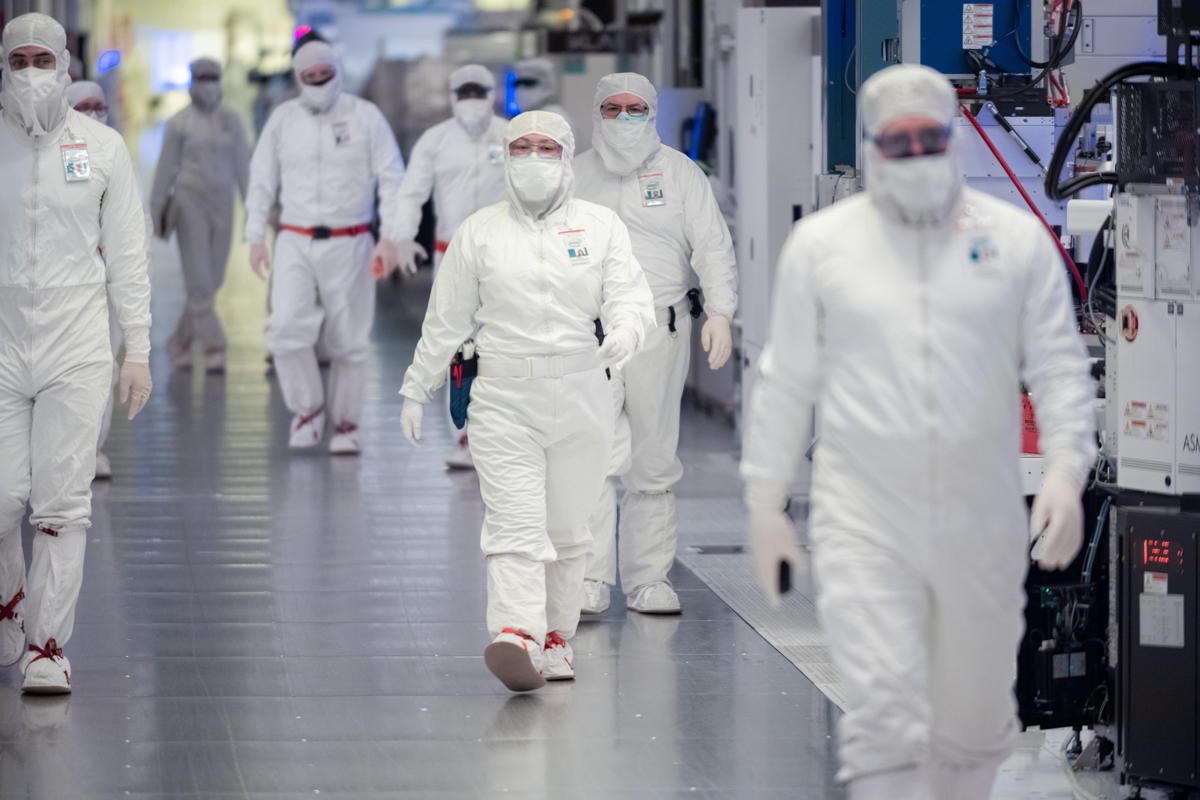China Touts ‘Significant’ Advances In Chipmaking Tools

China’s technology ministry says two upcoming chip manufacturing tools made ‘significant breakthroughs’, but still lag cutting edge
China’s government said two chip-making machines made “significant technological breakthroughs”, as the country tries to build up its domestic semiconductor industry in the face of US-led sanctions.
The two semiconductor lithography machines, made by unnamed manufacturers, “have achieved significant technological breakthroughs, own intellectual property rights but have yet to perform on the market”, China’s Ministry of Industry and Information Technology (MIIT) said.
Both of the systems are deep ultraviolet (DUV) tools, the ministry said.
The Netherlands this month imposed export controls on some DUV machines that the US had already unilaterally restricted, saying the machines contained US technology.

Tool advances
The new Dutch rules also required domestic chip toolmaker ASML to apply for a licence to service or sell spare parts for existing DUV machines, in a move for which the US had reportedly been campaigning behind the scenes.
China’s commerce ministry said the new controls were the result of “coercion” by the United States.
One of the domestic DUV machines touted by MIIT operates at a wavelength of 193 nanometres (nm), with a resolution of 65nm and an overlay accuracy below 8nm, according to a MIIT list of “major technological equipment” published last week.
The other has a wavelength of 248nm, resolution of 110nm and overlay accuracy of 25nm.
For comparison, one of ASML’s most advanced DUV machines can operate at a resolution of below 38nm with an overlay accuracy of 1.3nm, making it capable of producing far more advanced chips.
Domestic chips
EUV machines, which ASML has never been permitted to sell to China, are a generation more advanced than DUV and use light with a wavelength of 13.5nm, nearly 14 times sharper than roughly 195nm for DUV.
Chinese firms such as Huawei, working with chipmaker SMIC, have managed to produce advanced 7nm chips using DUV machines, but only by accepting a low yield rate that makes the chips expensive, industry analysts have said.